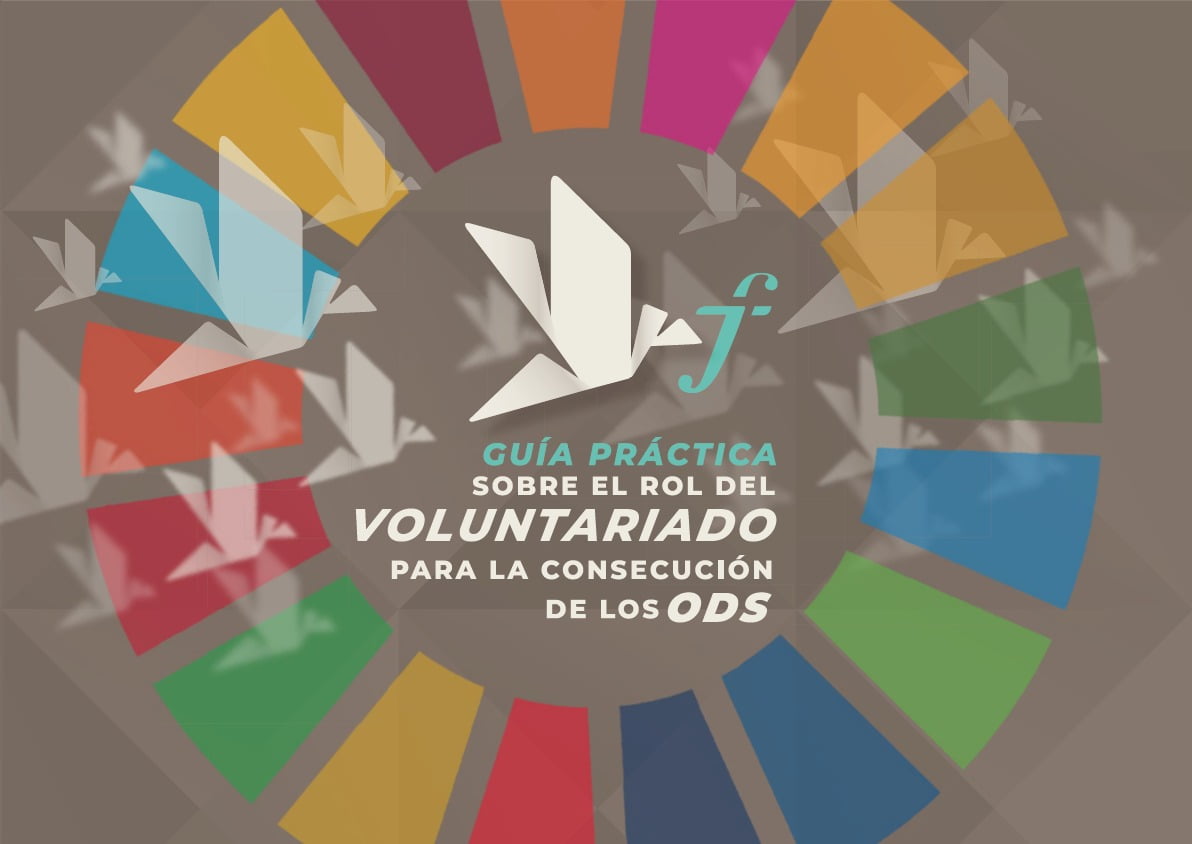
The volunteering supposes a commitment of the person, with himself and with society.
Responds to the feeling of solidarity, citizen involvement y desire to contribute to the improvement of the situation of other people and society.
According to the Volunteer Law of the Valencian Community, the concept of volunteering refers to the "set of activities of general interest that, respecting the principles of non-discrimination, solidarity, pluralism and all those that inspire coexistence in a democratic society , are developed by natural persons to improve the quality of life of other people or the community", provided that they are altruistic and supportive in nature, are the result of their own and freely adopted decision and are carried out in a disinterested and without economic compensation.
This guide to strategies and good practices for implementing the Sustainable Development Goals is aimed at this volunteering community. -SDG-, based on Human Rights, with a clear intention to recognition of their important work, at the same time that it was born with the vocation of becoming a dissemination and awareness tool for the 2030 Agenda.
With this Guide, Foundation for Justice, together with the Department of Participation, Transparency, Cooperation and Democratic Quality, within the framework of the call for Education for Global Citizenship, and through the project 'Volunteering in the Valencian Community, committed and trained in Human Rights and Sustainable Development Goals', gives one more step in this important work of dissemination, awareness, training and transfer of knowledge and good practices in the promotion and defense of Human Rights and the implementation of the SDGs, focusing all attention and interest on volunteering, a vortex of mobilization and social participation for the construction of more just and egalitarian societies.
VOLUNTEERING AND ITS ACTIVE ROLE
ON THE PATH TOWARDS THE 2030 AGENDA
The volunteering constitutes a important means of citizen participation, as an actor and promoter of human rights, while being part of the development processes by acting as a transformative agent.
The Agenda 2030 for Sustainable Development highlights the role of volunteers as essential actors in achieving the SDGs. Specifically, volunteers represent a powerful intersectoral means to carry out the 2030 Agenda, reaching mobilizing certain groups and sectors and making citizen participation effective.
The present guide includes practical actions what volunteering can do to achieve the SDGs, a series of Good Practice cases and some final conclusions in the form of a decalogue.
It is important to generate new alliances to promote more just, inclusive and sustainable societies, including groups of volunteers, true agents of commitment and change.
To download, leave us your email and tell us what you think of this initiative.
You can download the guide below at the link you will find!
